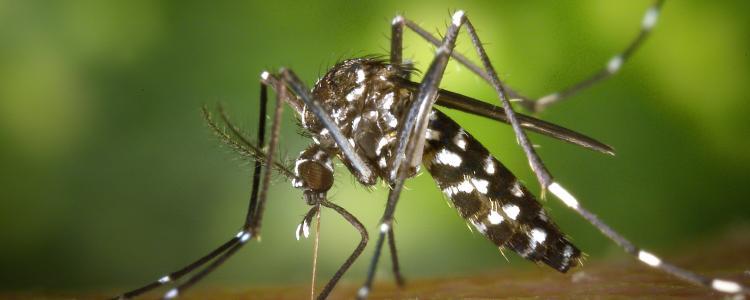As quickly as Zika appeared in the news, it soon disappeared from global awareness, however Zika virus has not gone away and is still a significant travel health risk for many travellers. Find out more.
What is ZIKA?
Zika is a viral infection transmitted by daytime biting mosquitoes, mostly biting around mid-morning and late afternoon (dusk). These mosquitoes bite an infected person and then spread the infection to others when they bite again.
This virus was first detected in 1947 in Monkeys living in Uganda, Africa with the first known human cases documented in Uganda and Tanzania in 1952. By 1983 Zika was also now present in Asia. From 2007 the virus spread, and outbreaks began in Micronesia, then the pacific islands in 2013. In 2015 an outbreak in Brazil, South America caused devastation when it infected around 1.5 million people.
In 2016 the outbreak in Brazil made headlines as the WHO declared a public health emergency of international concern after discovering an association between the Zika virus, microcephaly (underdeveloped brain) and other neurological disorders causing severe disability in thousands of newborn babies.
Currently 89 countries in South and Central America, Africa, South East Asia, Caribbean and pacific islands have current or previous Zika transmission.
Awareness and preparation prior to travel is absolutely essential particularly for those who are pregnant or considering pregnancy.
ZIKA Symptoms
Most infections do not cause any symptoms, however if they do, they are generally mild and self-limiting, lasting a few days. Symptoms typically start 3-14 days after infection and are similar to Dengue Fever. They can include a fever, rash, headache, muscle and bone aches and conjunctivitis. Symptoms can last for several days to a week, often disrupting and ruining travel plans. Severe infection requiring hospital care is uncommon.
Treatment for Zika Infection
At present, there is no vaccine or drug currently available to prevent or treat Zika infection. Symptoms can be managed with rest and plenty of fluids. Paracetamol may help with any headaches or fever.
Risk of ZIKA to UK Travellers
Every traveller visiting a country where Zika is present is at risk of infection, particularly women who are planning pregnancy or who are pregnant. Zika infection during pregnancy can cause serious birth defects and other pregnancy complications so travel to risk countries and areas where Zika outbreaks are ongoing is not advised.
If travel is unavoidable, thorough insect bite avoidance measures must be practiced and barrier methods used to prevent zika virus sexual transmission.
Ways to Protect Yourself from ZIKA Virus
- Cover up arms and legs – wear long loose clothing.
- Apply insect repellents containing DEET to exposed skins and re-apply frequently – always apply over suncream (DEET can also be used safely in pregnancy)
- Treat your clothing with insecticides made with permethrin – it will kill any mosquitoes that land on your clothes.
- Use air conditioning, seal windows and plug-in or mosquito coils to kill any mosquitoes that might get into your room.
- Sleep under mosquito nets if in basic accommodation or require extra protection.
Advice for Couples Considering Pregnancy
Returning from a Country or Area with Risk of Zika Virus.
Cases of sexually transmitted Zika virus have been reported around the world, therefore women should avoid pregnancy while travelling to a country or area with risk for Zika virus transmission. On return to the UK, women should avoid becoming pregnant for 2 months if only the woman travelled, and for 3 months if both partners or just the male partner has travelled.
Advice to Pregnant Women
Returning from Areas of Risk with Active Zika Virus
Regardless of any Zika symptoms Barrier methods such as condoms should be considered for 2 months on return from travel to prevent Zika virus sexual transmission. If both partners have travelled to a risk area, then condom use is advised for the duration of the pregnancy.
Barrier methods should always begin on arrival to the risk country.
Pregnant women who have travelled in an area with a risk of Zika virus transmission should contact their GP or midwife on return, even if they have not been unwell. Advice will be given on what assessments are required; these might include ultrasound scanning.
If any symptoms of Zika are suspected when in county or on return home, medical attention must always be sought straight away.
Find out more on whether Zika virus poses a risk on your upcoming trip. If you are considering pregnancy or are pregnant and would like some further advice regarding the safety of travel, come and speak with one of our specialist travel health clinicians at one of our Masta and Nomad travel clinics. They can advise you on how to best protect yourself for your upcoming trip.


No Comments
Be the first to start a conversation